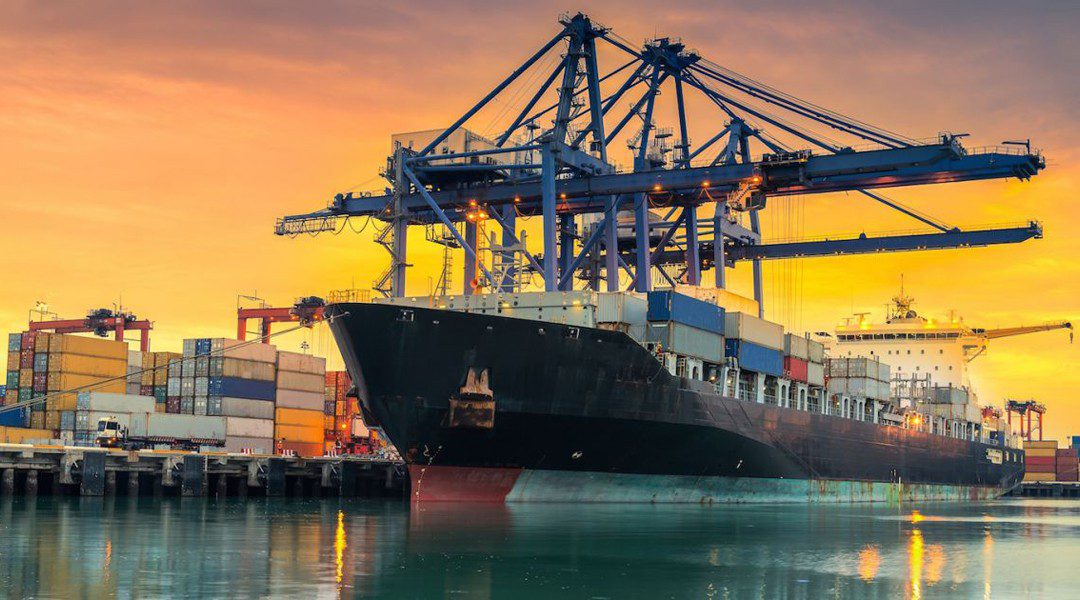Analysts see a Russian government order banning oil supplies to countries that observe a price cap on Russian oil as possibly an interim measure, before harsher restrictions are imposed.
Russian President Vladimir Putin signed a government order Dec. 27 that bans crude supplies to countries that observe the $60/b price cap on Russian oil. It will come into force from Feb. 1, and last for five months.
Analysts said that this could easily be extended, as has been the case with some other measures introduced since Russia invaded Ukraine.
The price cap on Russian crude and an EU embargo on seaborne Russian crude imports came into effect Dec. 5. The price cap and EU embargo will extend to Russian oil product exports starting Feb. 5. The sanctions were introduced in response to Russia’s invasion of Ukraine.
The order applies to all stages of supply to the final buyer.
Dr Tatiana Mitrova from Columbia University’s Center on Global Energy Policy said that the order is probably an intermediate solution.
“Most likely, this time until Feb. 1, or even summer 2023, is needed for the deployment of an independent service infrastructure, from transportation to insurance. And afterwards more tough decisions might follow,” she said.
The order also allows for Russia to make additional decisions on oil supplies.
ClearView Energy Partners said that the order leaves the Russian government with significant discretion.
“Given that Putin has long had the option of retaliating against the West by limiting Russian output — with or without a plausibly deniable pretext — we view today’s decree more as formalizing status quo risks to supply rather than new ones,” it said in a note published Dec. 27.
Paris-based international financial crime analyst George Voloshin said that in addition to members of the price cap coalition, the decree covers any deals between Russia and a third country.
“In reality Russia’s current key clients — India and China — are not showing any willingness to join the price cap coalition, at least formally. They are already benefitting from discounted prices, which is more than convenient to them,” Voloshin said.
Russian crude has traded at significant discounts since the invasion of Ukraine triggered wide-ranging sanctions against Russia.
Platts assessed Urals at $/b on Dec. 28, a discount of $/b to the Dated Brent benchmark.
Output impact
Russian officials and analysts expect the latest sanctions to affect Russian oil output in 2023, although estimates vary significantly.
Russian deputy prime minister Alexander Novak said Dec. 23 that Russian oil output may fall 5%-7% as a result of the sanctions.
S&P Global Commodity Insights forecasts Russian supply losses to peak at 900,000 b/d below pre-war levels in February-March, it said in a report released Dec. 21. This was a significant revision from the previous estimate of 1.5 million b/d expected last month.
OPEC expects Russian liquids output to decline by 850,000 million b/d, to average 10.1 million b/d in 2023. The International Energy Agency forecasts Russian production to drop by 1.4 million b/d next year.
“Given the restrictions on maritime shipping, (re)insurance, financing and technical assistance that come with the price cap instrument, it is widely expected that Russia will have to shut in some production, not because of its countermeasures but because of further de-risking within the broader oil and related industries,” Voloshin said.
The Dec. 27 order also covers oil product exports to countries observing the price cap, although details have yet to be finalized.
It said that the Russian government will decide on the date that a ban on supply of Russian oil products to countries observing the price cap comes into force, which will not be earlier than Feb. 1.
The E.U. embargo on imports of Russian refined products and a corresponding price cap are due to come into effect Feb. 5.
“In addition to letting the West move first on products cap prices, Putin may be waiting to see how global supply-demand balances play out on their own amid the reopening of China and continuing hawkishness from central banks (among other factors),” ClearView Energy Partners said.






